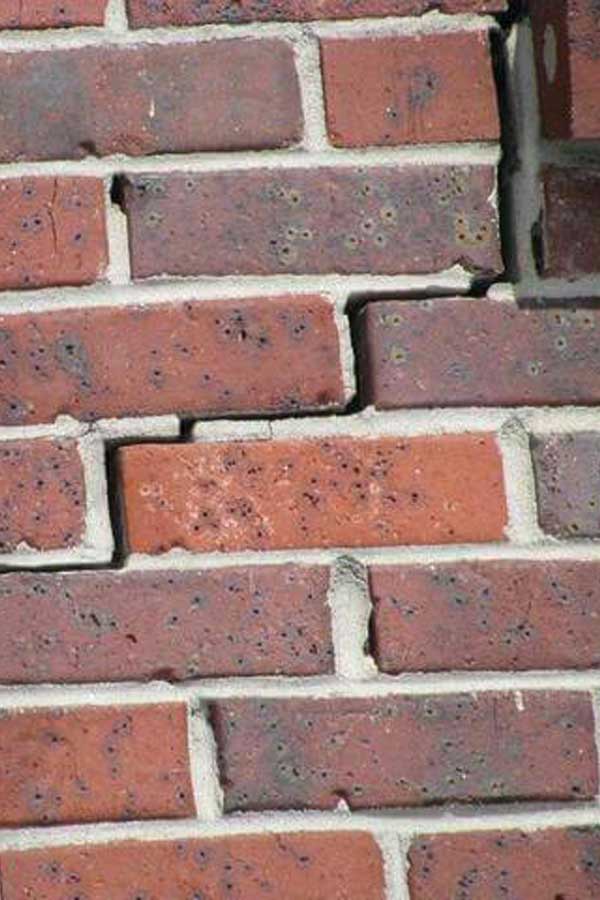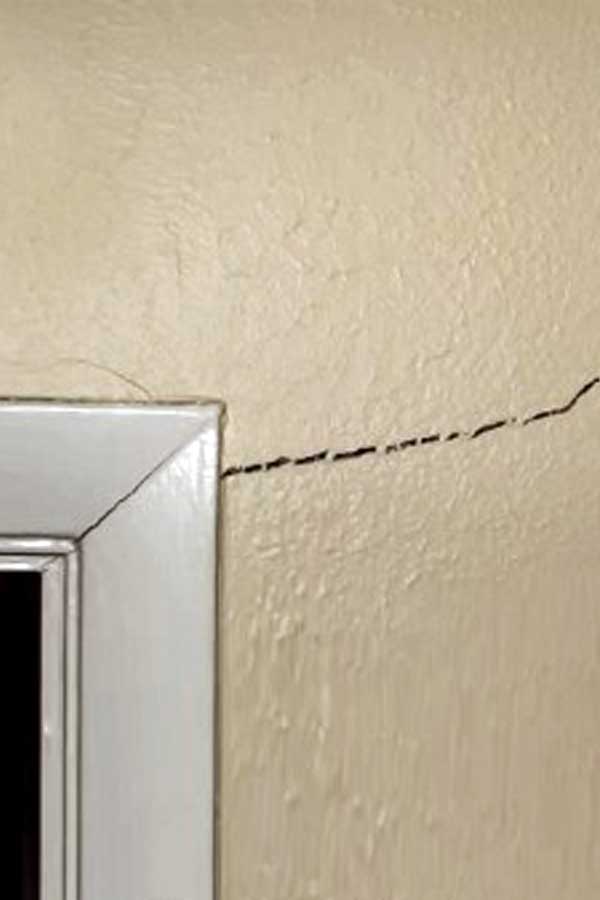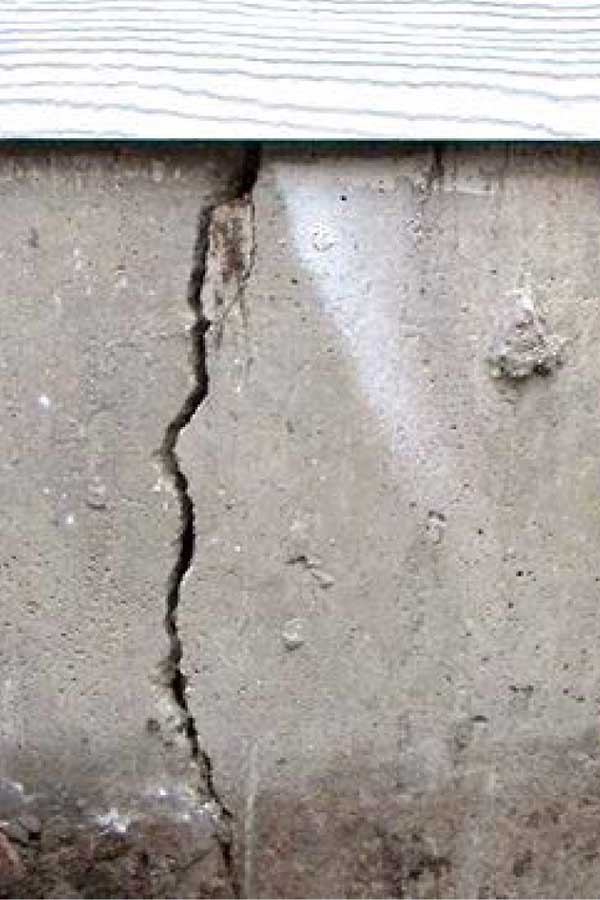Sinkhole Damage Claims
What is a Sinkhole?
A sinkhole is a geological phenomenon characterized by a depression or hole in the ground caused by the collapse of a surface layer. These formations can vary in size and depth, ranging from small depressions to large cavities. Sinkholes typically result from natural processes such as the dissolution of soluble bedrock (such as limestone or gypsum) by groundwater, creating underground voids. Over time, the overlying soil and rock layers may collapse into these voids, forming a sinkhole.
Navigating Sinkhole Risks
When a sinkhole emerges on your property, it carries substantial and potentially harmful implications for your home or business. Defined as a depression or cavity resulting from the collapse of a surface layer, sinkholes can develop gradually or suddenly, presenting risks to structures and the immediate surroundings. The occurrence of a sinkhole on your property can result in a range of damages, underscoring the urgency for prompt action. Understanding the nature of sinkholes and their potential consequences is paramount in navigating the challenges they pose to your property.
Sinkholes can vary in size and depth, from small depressions to large cavities that can significantly impact the stability of the ground. The causes of sinkholes are diverse, with natural factors such as erosion, dissolution of underlying rocks, or changes in groundwater levels playing a role. Human activities, such as mining, drilling, or excessive groundwater extraction, can also contribute to the formation of sinkholes.
The consequences of a sinkhole on your property extend beyond the visible surface, affecting the structural integrity of buildings, roads, and other infrastructure. Understanding the signs of potential sinkhole activity, such as ground depressions, cracks in the foundation, or changes in water patterns, is crucial for early detection and mitigation.
Types of Damages Caused by a Sinkhole
- Structural Damage: Sinkholes can compromise the structural integrity of buildings, leading to cracks in walls, floors, and foundations. In severe cases, structural failure may occur.
- Foundation Issues: Sinkholes can impact the foundation of a structure, causing uneven settling and potentially leading to structural instability.
- Damage to Utilities: Sinkholes may damage underground utilities such as water pipes, gas lines, and sewer systems, causing disruptions and potential hazards.
- Landscaping and Exterior Damage: Sinkholes can result in the collapse of landscaping features, driveways, and other exterior structures on the property.
- Water Damage: The shifting of soil due to a sinkhole can affect water drainage patterns, leading to water accumulation and potential flooding in and around the affected area.
- Business Interruption: For businesses, sinkholes can disrupt operations, leading to closures, financial losses, and potential damage to inventory and equipment.
Cracking Around Your Home or Business?
The presence of cracks along the structure of your home or business can raise concerns about potential sinkhole activity, signaling the need for a thorough investigation. Cracking is often considered one of the visible indicators that there may be subsurface changes or movement in the ground beneath the property. Here’s how cracking may be related to a sinkhole claim:
- Foundation Cracks: Sinkholes can cause the ground beneath a structure to shift, leading to foundation movement and cracks in walls or floors.
- Exterior Wall Cracks: Sudden or progressive cracking along exterior walls may indicate subsurface changes, potentially related to sinkhole activity.
- Uneven or Sloping Floors: Changes in the foundation due to sinkholes can result in uneven or sloping floors within a structure.
- Cracks in Driveways or Walkways: Sinkhole-related ground movement may cause visible cracks in driveways or walkways near a property.
- Windows or Doors Sticking: Differential settlement caused by sinkholes can result in misalignment of doors and windows, making them difficult to open or close.
- New or Worsening Cracks: The sudden appearance of new cracks or the worsening of existing ones may be a cause for concern and could warrant a sinkhole investigation.
If you observe any of these signs, it’s important to consult with professionals. If sinkhole activity is confirmed, you may consider filing a sinkhole claim with your insurance company. The insurance claim process typically involves documenting the damages, conducting subsurface testing, and working with experts to assess the extent of the sinkhole-related damages.
Who Do I Hire?
In such cases, hiring a public adjuster can be beneficial. Right Way Public Adjusting can assist in documenting damages, interpreting insurance policies, hiring the right experts, and negotiating with the insurance company to ensure that you receive fair compensation for covered losses associated with the sinkhole. Their expertise can be valuable in navigating the complexities of sinkhole claims and maximizing your insurance settlement.
See What Our Customers Say

Terri Waller Rhoden
I had mold all over the walls in my kitchen! Right Way helped me collect over $20,000.

Samuel Burgess
After being low balled by my insurance, Right Way helped me receive 7X their original offer!

Jamie Cohen
My roof had a couple terrible leaks, and Right Way helped me collect over $50,000 for damages.
Home built before 1975?
Right Way Public Adjusting is here to fight for you! We work directly with your insurance company to ensure you are paid what you deserve for your property damage claim. Our team of licensed adjusters have helped thousands of homeowners, collect millions from their insurance to repair damages on their property. Whether it be water damage, fire damage, roof leaks, busted pipes, mold, sinkholes or even vandalism / theft, we are here to take the stress off your hands!
Download our FREE property damage checklist!



